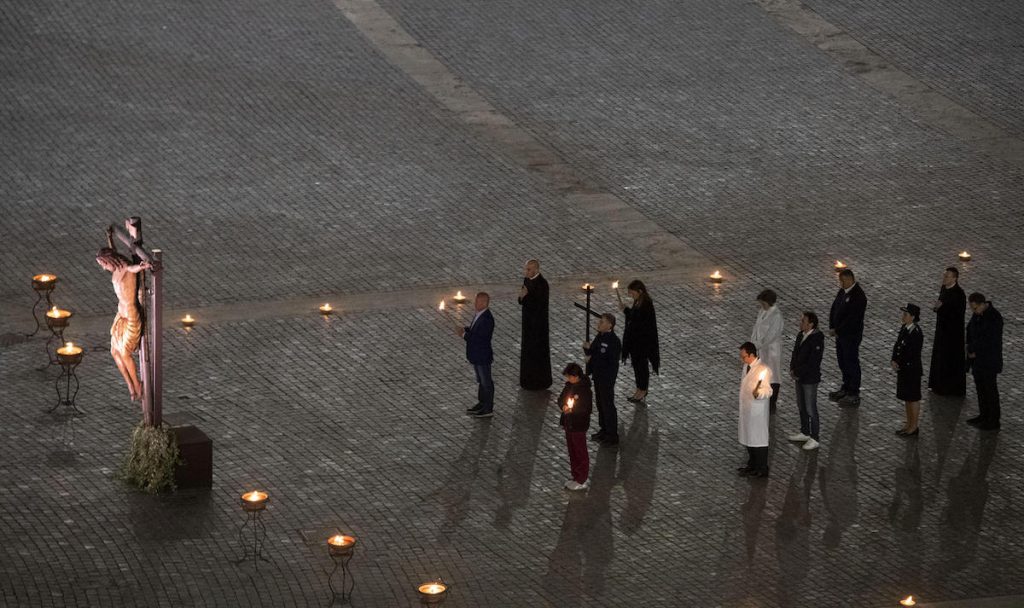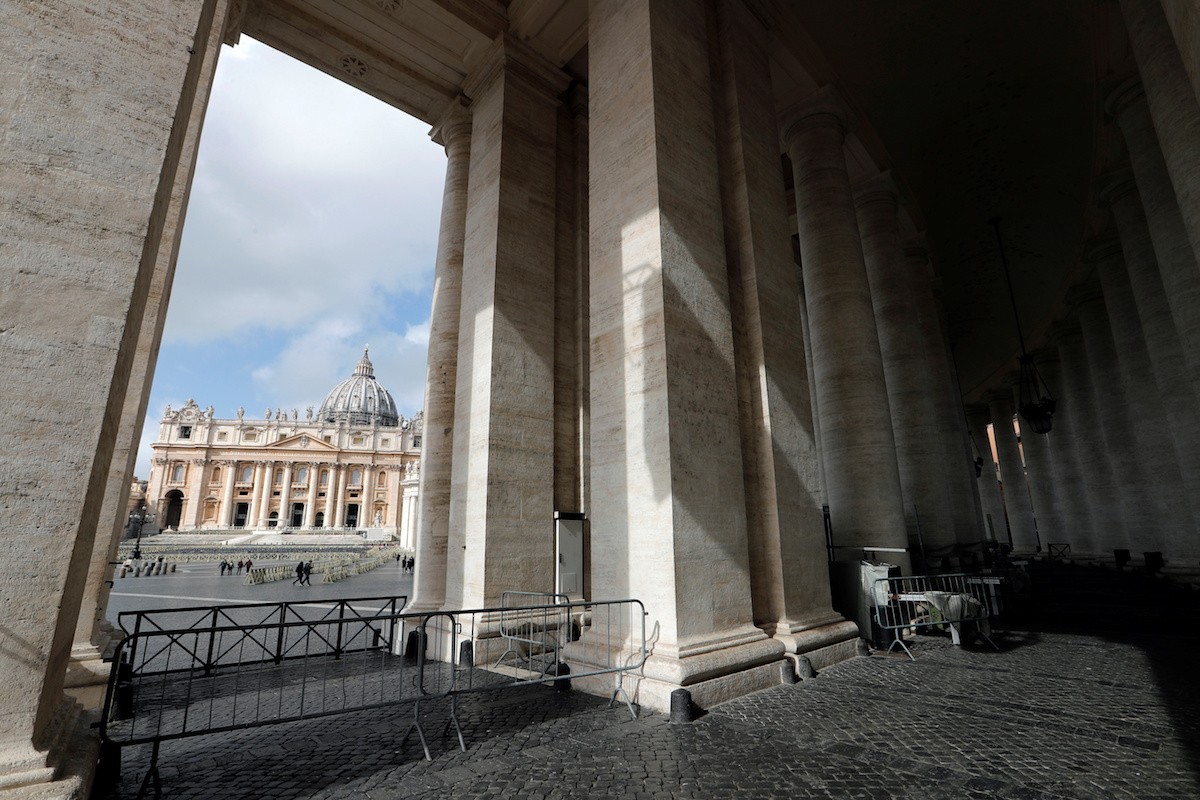Late last month, the Vatican announced the coronavirus pandemic had forced Pope Francis to postpone an annual fund raising campaign among Catholics worldwide to help him carry out his ministry.
The delay of “Peter’s Pence” by more than three months to the first weekend in October has come at a particularly bad time, as other revenues, notably from the Vatican Museums, slow to a trickle.
The pandemic has wreaked havoc with the Vatican’s finances, forcing it to dip into reserve funds and implement some of the toughest cost control measures ever in the tiny city-state.
Against this bleak backdrop, top Vatican administrators held an emergency meeting in late March. They ordered a freeze on promotions and hirings and a ban on overtime, travel and large events.
An internal memo seen by Reuters said the decisions, effective for the rest of the year, were taken “to mitigate, at least in the short-term, the grave economic impact … and to avoid any further immediate drastic measures.”
A follow-up letter in April told department heads that, in keeping with the pope’s policy, they could not fire people.
The Peter’s Pence fund, which brings in an estimated $50-65 million yearly, aims to help the pope’s activities as head of the 1.3 billion-member Church and support charitable projects in the world’s neediest areas.
But for more than 30 years the Holy See has been forced to tap into it to keep regular operations going and to plug the Holy See’s administrative budget deficit.
The pandemic has also drastically slowed the flow of funds from the Vatican Museums, which received some 7 million visitors last year and are the city’s most reliable cash cow.
The museums, which generate an estimated $100 million annually, have been closed since March 8 and are not expected to open until late May at the earliest, resulting in at least three months of lost revenue.
Even after they reopen, officials fear that enhanced security measures, social distancing requirements, new health regulations and the expected dearth of international tourists will erode ticket and souvenir sales for years.
“We definitely have difficult years ahead of us,” Father Juan Antonio Guerrero, the new head of the Vatican’s Secretariat for the Economy, told the official Vatican News website on Wednesday.
He estimated that Holy See income would fall between 25 and 45 percent because of the coronavirus pandemic, depending on how well cost-cutting measures worked.

REDUCED RENTS
Another unknown is that there is no indication when the Holy Father can resume activities which attract tens of thousands of people at a time, such as general audiences and Masses on religious feast days.
Many pilgrims and tourists who come to Rome primarily to see the pope also leave donations in St. Peter’s Basilica, where there is no entry fee. But they pay to visit the Vatican Museums, which boast some of the world’s greatest masterpieces.
Adding to the income shortfall, the two Vatican departments that manage real estate holdings in Italy offered reduced rents for commercial tenants whose businesses have been affected by the pandemic, such as some 600 stores and offices in Rome.
“I don’t think that we are in a different situation than anybody else,” Father Augusto Zampini, member of a Vatican commission the pope set up to advise him on the social effects of the crisis, told reporters on a conference call.
“As any company or state, you have some reserves and emergency funds and we are reaching for that but that is only temporary,” said Zampini, 50, an Argentine who was a lawyer before he became a priest.
Bishops conferences in rich countries such as the United States and Germany make large contributions to the running of the Vatican but the pandemic has also hit their finances.







